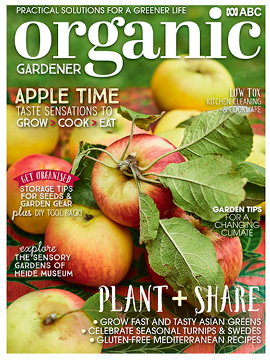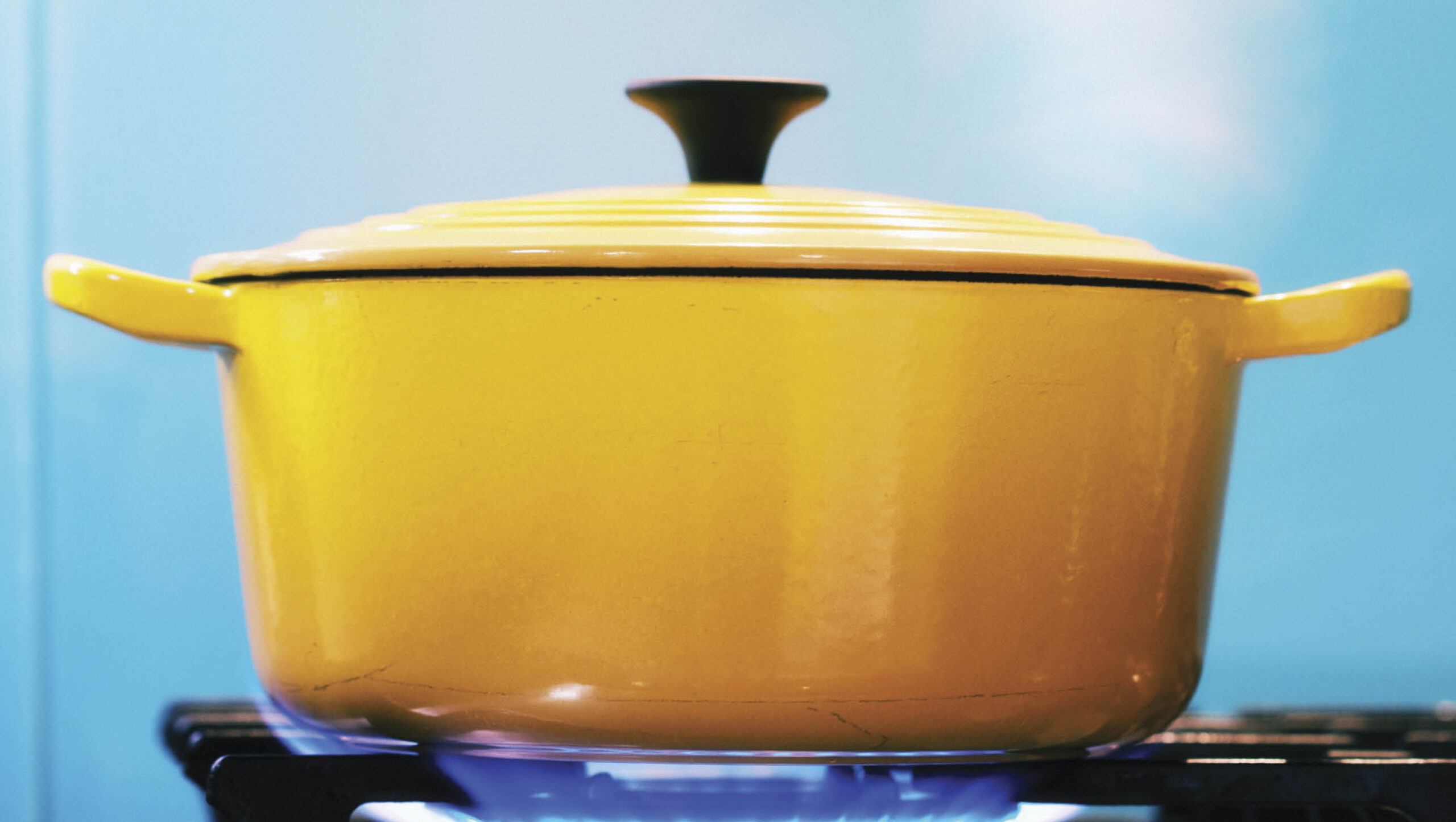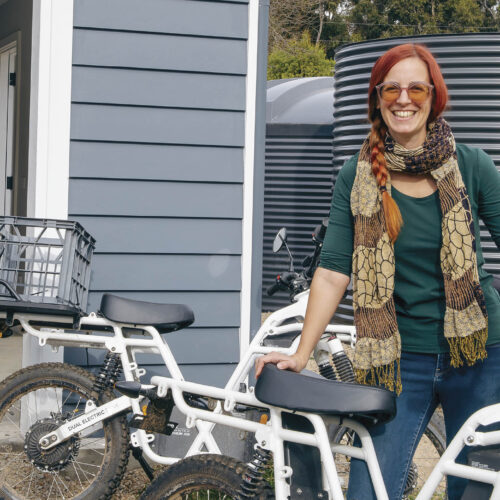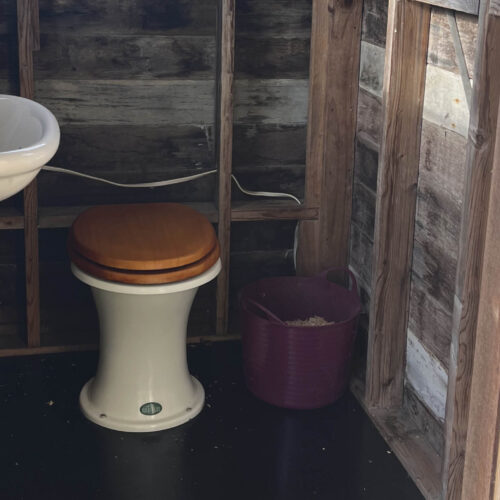Be aware of toxic kitchenware
2023-03-15T05:20:03+11:00
Jessamy Miller reports on what to watch out for when choosing cookware so that your pick is better for you and the planet.
Increased concern for health, awareness of toxicity build-up over time and the desire to live a toxin-free life has inspired many people to avoid some types of cookware in favour of alternatives they feel safer with. Here’s what toxic kitchenware to watch out for.
Leaching
Metal leaching may occur in aluminium, copper, cast iron and stainless steel cookware, and from some coatings. During cooking, there is potential for microscopic particles from the pan’s surface to break away, enter the food and be consumed. Leaching may occur more when cooking salty or acidic foods, tomatoes for example, and over longer cooking periods. People’s individual health, which cookware they use and how, and other opportunities for exposure will all affect whether leaching may be considered a risk. Personalised advice from a health professional is the best guide.
Cookware to avoid
The non-stick pan coating Teflon was invented in 1938 and used widely for many years before a growing body of research indicated how toxic it was. Teflon pans are associated with two harmful chemicals, PTFE and PFOA, and have been found to release toxic particles and acidic gases at temperatures more than 260°C. Teflon is being phased out but replacement non-stick coatings may not be much better. Look for cookware that is PFOA (or PFA) and PTFE free and coatings without flame retardant.
Aluminium pans are affordable and conduct heat well. However, leaching from aluminium cookware is widely considered undesirable, because aluminium bioaccumulates in brain tissue and large amounts are associated with negative health impacts. In addition, while aluminium can be repeatedly recycled, its extraction is highly polluting. Coated aluminium cookware is considered safer as corrosion cannot occur unless the coating is damaged.
Similar concerns exist with leaching from copper pans because while the body needs small amounts of copper, copper toxicity can occur from excess copper build-up. Coated or lined copper saucepans represent a better choice. To reduce the use of petrochemicals, it’s best to avoid plastic handles on cookware.
Jessamy looks at different options rather than toxic kitchenware, including cast iron, stainless steel and ceramic cookware in our Autumn 2023 issue (OG 140). Plus, she has cleaning recipes to help you keep your kitchen as low tox as possible.
There’s a selection of back issues available here — you can also subscribe and get the most recent issues delivered to your door!







